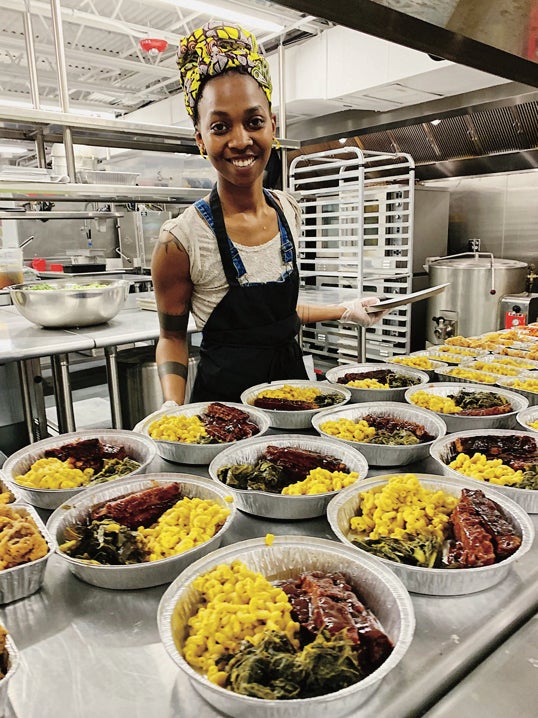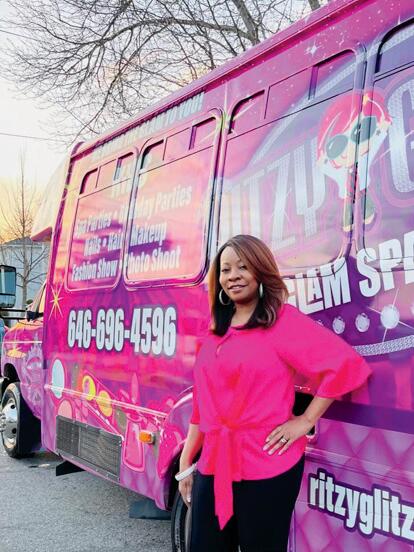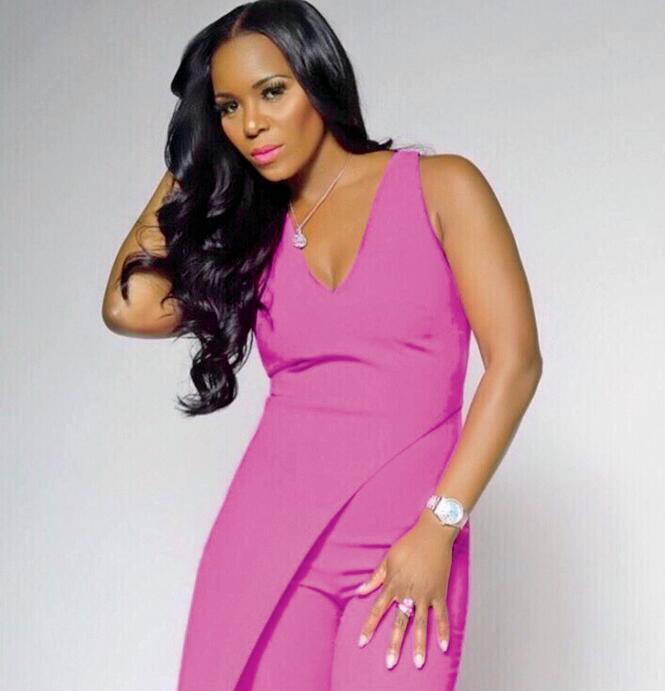
This article, “What Entrepreneurs Know Now,” originally appeared in the March/April issue of ESSENCE magazine, available on newsstands now.
From the uncertainty generated by the pandemic to delays in governmental assistance, the financial challenges of 2020 were often wearying for small-business owners. Still, many managed to turn their fiscal struggles into green, learning critical lessons along the way. Here, three Black women entrepreneurs detail where they are now with their businesses and how they’ve prepared for an uncertain future.

Mariah Ragland, Owner of Radical Rabbit, Nashville
For the past two years, Mariah Ragland has served up vegan soul food through a pop-up concept, Radical Rabbit, in Nashville. “A week before COVID-19 hit Nashville,” she recalls, “we launched what was to be an ongoing Sunday Buffet in partnership with a local Black-owned dessert lounge. I used my savings to prepare for this event—and after the first week, we had to cancel.”
But Radical Rabbit pivoted to a “grab and go” meal model available at local markets. “Listening to customers’ needs was a lesson within itself,” Ragland says. “We learned that our customers were concerned for their safety and avoided even small crowds.”
The business now also delivers food to customers’ homes and has changed the way the food is prepared. “Our food is now packaged cold for reheating instead of served hot,” she says. “We had to adapt our marketing to find ways to keep people excited about our ‘TV dinners’ and stay in business as the competition for packaged food grew tenfold.”
Ragland believes restaurateurs with pop-up business models will have to continue to find new means to serve customers, as venues and foot traffic will continue to be scarce given ongoing social-distancing restrictions. “Restaurants will begin to package meals more, in the newly trending ghost kitchens that are delivery-only food vendors,” she states. “I think businesses that are not able to provide the to-go model of getting food out to people, as we have learned, will get left behind in 2021.”

Venetta Carraway, Owner of Ritzy Glitzy Girlz Club, New York City
For the past 12 years, Venetta Carraway has provided kids from New York, New Jersey and Connecticut with glam parties. Her pink Ritzy Glitzy Kids’ Birthday Party Bus is a glam spa on wheels, offering kid-friendly manicures, pedicures, hairstyling, makeovers and facials. But with COVID-19 hitting the Tri-State area early and hard, the parties stopped at the beginning of the pandemic—and many customers wanted refunds.
“I’ve learned that you have to be prepared for anything,” Carraway reflects, “because business could be booming one second, and then the next second, everything is turned upside down.”
Another lesson she learned was that there is magic in simplifying your business model. She used the shelter in place for nonessential workers as a period to create a plan for reopening her business. Carraway started by offering customers only one party package, instead of four, and eliminated services in Connecticut and New Jersey. Her bookings increased once the New York City stay-at-home order was lifted, and the company expanded its bus fleet to four.
What sparked this growth? “A lot of the physical locations that kids use to go to had started to fizzle out,” says Carraway, who was already thinking ahead. “Now we offer the convenience of coming to them.”

Maja Sly, Founder of Walk-in Weaves and Pretty Hair, Atlanta
The beauty industry took a hit this year, as salon owners saw their clients dwindle due to stay-at-home orders and the constraints of maintaining social distancing in salons. “A business that was doing an average $70,000 to $100,000 a month is now doing $7,000 a month,” says Maja Sly, owner of Walk-in Weaves. “How do you bounce back from that?”
Sly believes 2021 will continue to be a challenge for the beauty industry as it tries to stay financially solvent as clients become more comfortable maintaining their hair at home. Ironically, that’s why her Pretty Hair unit sales are up 20 percent, with her customers buying hair to make wigs instead of getting weaves. “In the beauty space, I think it’s going to be super important to really look at your particular clientele, and see how you can fulfill a need that they have,” Sly says.
She believes strongly in the importance of having other streams of income. “After over 20 years in the business, I’ve learned to apply those [entrepreneurial] skills to other industries,” she says, adding that during the pandemic, her insurance and real estate businesses have been thriving. This growth is due in large part to her salon. “The clients at my salon have grown every single business I have,” she explains. “There’s not one day that goes by that my clients don’t refer me to someone for one or more of my other businesses.”